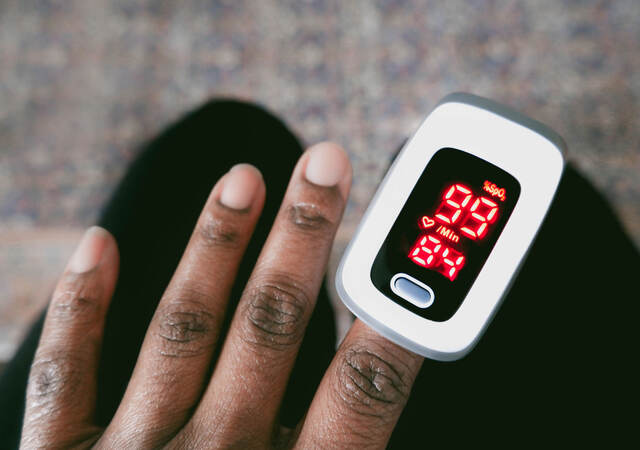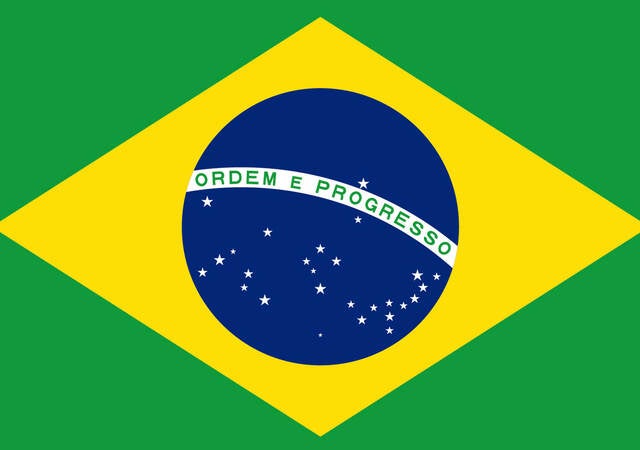February 7, 2023
By Luiz Levy and Evangeline Loh
In our recent updates we discussed RDC 751/2022, classification, and the technical dossier. We alluded to the importance of grouping of devices, though didn’t elaborate. Grouping is pivotal to regulatory strategy as it determines how devices can be authorized in a regulatory submission. Class I and II devices are subject to Notificação (notification) and class III and IV are subject to Registro.
There is a definition of family in RDC 751/2022, Section III, Article 4, XX, which explains that a family has similar technical characteristics in five areas:
a) Indication, intended purpose
b) Operation and mechanism of action
c) Technology
d) Content or composition, when applicable
e) Precautions, restrictions, warnings and special cautions
While the definition of System and Set (kit) are updated in RDC 751/2022, Article 3 of the new resolution explains that ANVISA will grant the notification or registration of families, systems, and set/kits based on the grouping of products which follows specific regulation. In the FAQ to RDC 751/2022, ANVISA emphasizes this (Section 4.1, question 6).
When grouping, it is important to assess device grouping according to the following regulations (Table) which depends on the categorization of the device.
|
Type of grouping |
Materials |
Equipment |
Orthopedic implants |
|
General |
RDC 556/2021 |
RDC 542/2021 |
RDC 594/2021 |
|
Specific |
IN 101/2021 |
-------------------- |
----------------- |
As delineated in the table, in case of medical devices classified as materials, the initial step is to determine if the device is listed on the specific regulation (Normative Instruction (IN) 101/2023). If not, manufacturers shall assess grouping based on the general grouping regulation (RDC 556/2021).
In addition, on the recent FAQ, ANVISA responded to a question about whether associated accessories require separate registration (question 3).
Accessories to medical equipment require a separate registration if one of the following conditions apply: the manufacturer is different; it is not an active accessory and is subject to authorization by ANVISA as a material, IVD, sanitizer, cosmetic, medical product et al; or it is a nonactive accessory with a higher risk classification than the medical equipment.
Get connected with our sales team
Thanks for your interest in UL's products and services. Let's collect some information so we can connect you with the right person.






